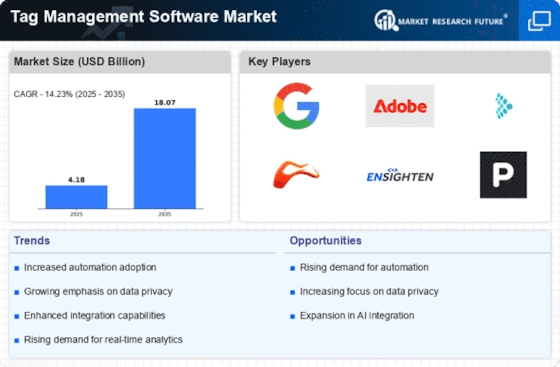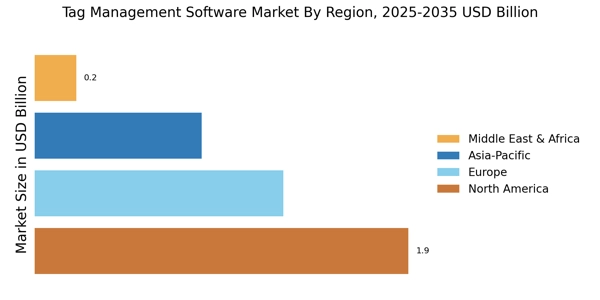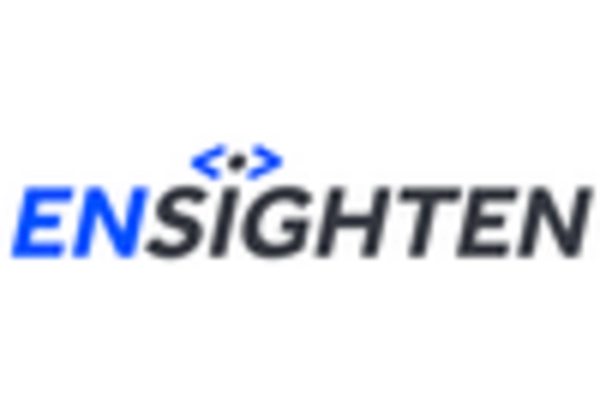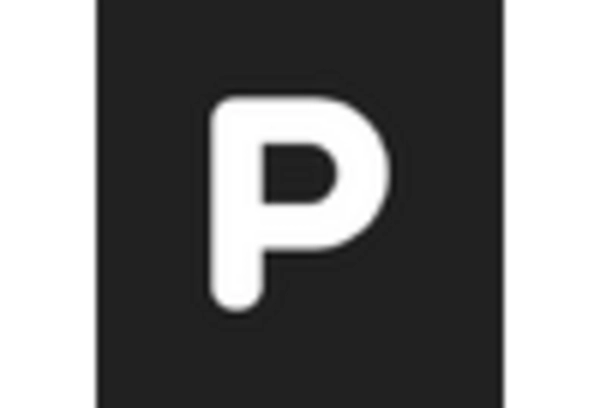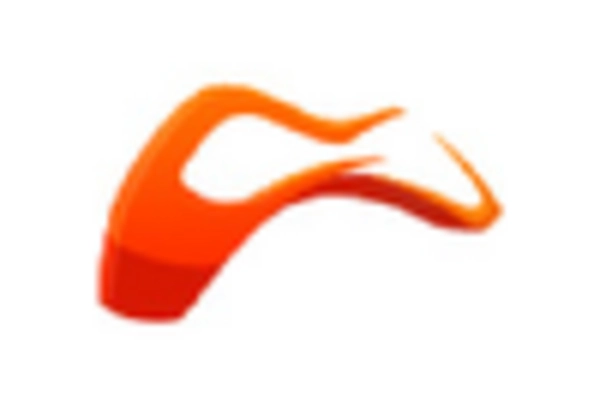Growing Emphasis on Marketing Automation
The Tag Management Software Market is witnessing a growing emphasis on marketing automation as businesses seek to streamline their marketing efforts. The integration of tag management solutions with marketing automation platforms allows for seamless data flow and enhanced campaign performance. Recent data indicates that companies utilizing marketing automation experience a 451% increase in qualified leads. This trend underscores the importance of effective tag management in optimizing marketing strategies and improving return on investment. As organizations increasingly adopt automated marketing tools, the demand for robust tag management solutions that can efficiently handle diverse data sources and ensure accurate tracking is likely to rise. Consequently, this growing emphasis on marketing automation is a significant driver for the Tag Management Software Market.
Rising Demand for Real-Time Data Analysis
The Tag Management Software Market is experiencing a notable surge in demand for real-time data analysis capabilities. Organizations are increasingly recognizing the value of immediate insights derived from user interactions and behaviors. This trend is driven by the need for timely decision-making and agile marketing strategies. According to recent estimates, the market for real-time analytics is projected to grow at a compound annual growth rate of approximately 30% over the next five years. As businesses strive to enhance customer experiences and optimize marketing campaigns, the integration of tag management solutions that facilitate real-time data collection and analysis becomes essential. This shift not only improves operational efficiency but also empowers organizations to respond swiftly to market changes, thereby solidifying the relevance of the Tag Management Software Market.
Increased Regulatory Compliance Requirements
The Tag Management Software Market is also shaped by the increased regulatory compliance requirements that organizations face. With the rise of data privacy laws and regulations, such as the General Data Protection Regulation (GDPR) and the California Consumer Privacy Act (CCPA), businesses are compelled to adopt solutions that ensure compliance while managing user data effectively. Tag management software plays a crucial role in helping organizations navigate these complex regulatory landscapes by providing tools for data governance and user consent management. As companies strive to avoid hefty fines and reputational damage associated with non-compliance, the demand for tag management solutions that facilitate adherence to these regulations is likely to grow. This heightened focus on regulatory compliance is a significant driver for the Tag Management Software Market.
Expansion of E-commerce and Digital Marketing
The Tag Management Software Market is significantly influenced by the expansion of e-commerce and digital marketing channels. As more businesses transition to online platforms, the need for effective tag management solutions becomes paramount. E-commerce sales have been steadily increasing, with projections indicating that they will account for over 20% of total retail sales in the coming years. This growth necessitates the implementation of tag management systems that can efficiently track user behavior, optimize conversion rates, and enhance customer engagement. Furthermore, digital marketing strategies rely heavily on accurate data collection and analysis, making tag management software an indispensable tool for marketers. The expansion of e-commerce and digital marketing is thus a critical driver for the Tag Management Software Market.
Advancements in Technology and Integration Capabilities
The Tag Management Software Market is benefiting from advancements in technology and enhanced integration capabilities. As organizations increasingly adopt a multi-channel approach to marketing, the ability to integrate various data sources and platforms becomes essential. Modern tag management solutions offer advanced features such as API integrations, enabling seamless connectivity with analytics tools, customer relationship management systems, and other marketing technologies. This technological evolution allows businesses to create a unified view of customer interactions across different touchpoints, thereby improving data accuracy and insights. Furthermore, the continuous development of cloud-based solutions enhances scalability and flexibility, making tag management software more accessible to businesses of all sizes. These advancements in technology and integration capabilities are likely to drive growth in the Tag Management Software Market.


